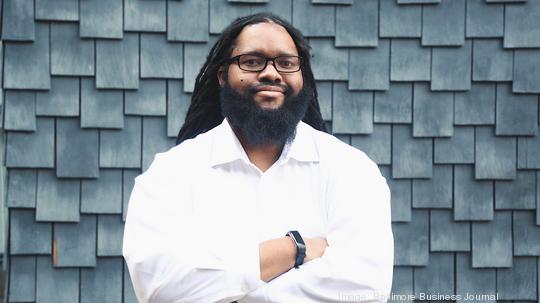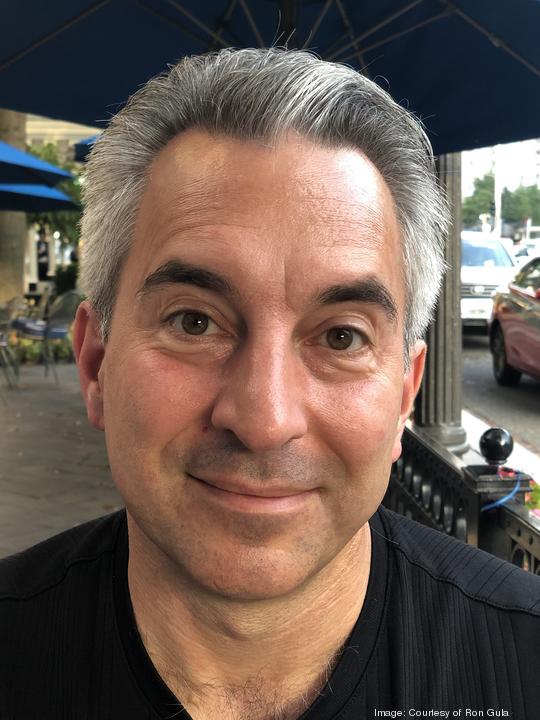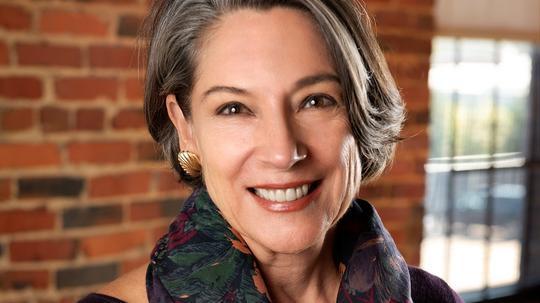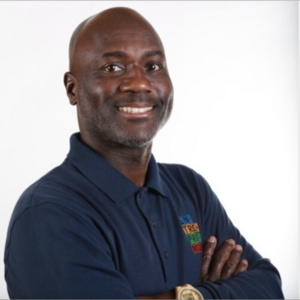
The market downturn continues to impact the amount of venture capital funding nationwide, with the second quarter of this year being the first since 2020 to have less than $77 billion in completed deal value, according to data released this week by Pitchbook.
The impact has been felt in Maryland — where VC funding dropped dramatically in the first quarter of the year — with venture capitalists and accelerators counseling their portfolio companies about how to continue to survive, grow and expand when traditional capital is drying up.
Three Baltimore VCs and the head of a local accelerator spoke to the Baltimore Business Journal about the advice they are giving their companies to help them weather the storm.
McKeever "Mac" Conwell, founder of RareBreed Capital
Baltimore-based RareBreed focuses on extremely early pre-seed companies led by founders who may be overlooked by traditional VC companies, such as women and people of color.
Conwell has told his 39 portfolio companies that they need to think of raising capital differently, with longer time periods between funding rounds.
“When you raise capital you want to have enough for 18 to 24 months of operations,” Conwell said. “Start thinking that way again.”
Achieving profitability will also be more important at earlier stages, Conwell said, as it will be more difficult for companies to rely on VC money for growth. A key will be the ability to have a team that can make sales, without relying on expensive advertising.
“I’d rather you have a strong inside presence who can go out there and get you good clientele, good customers and good sales, without spending a bunch of money trying to buy advertising,” Conwell said.
Conwell believes the potential economic downturn is going to shift the funding mechanisms that startups use. SAFE (simple agreement for future equity) notes, a relatively new type of convertible security that allows seed companies to raise capital without interest rates or maturity dates, will be replaced by traditional convertible notes, which have more restrictions.
Though evaluations may decrease in the short term, Conwell is confident that the market will rise again, reaping great rewards for companies that survive. He referenced how Amazon.com's stock price declined sharply during the 2000 dot-com bubble, with countless investors moving away from e-commerce. Now Amazon is one of the biggest companies in the world.
"There will always be an opportunity for new entrepreneurs who have a new perspective on the world," Conwell said.
Ron Gula, president of Gula Tech Adventures
Gula, the head of Columbia-based Gula Tech Adventures, said each company is different depending on its life cycle. For companies that are already profitable, it is still possible to raise money, but a VC raise may require a larger sacrifice in the founder's ownership stake because of a smaller valuation.
"When you raise venture capital, you're using somebody else's money and selling part of your company to build your company," said Gula, who is also the co-founder of Tenable Inc. "Versus the slower process of just building a product and selling it to customers and then reinvesting that money. Once you get to cash flow positive, you can chart your own course."

The field Gula focuses on, cybersecurity, is insulated because it's such a large need, he said. The news of Russian and Chinese cyber attacks also helps keep demand for cyber services high as well.
“The firms who write really, really big checks, tend to not write those $20 million, $50 million checks, and there is sort of a domino effect,” Gula said. “But most of my companies are raising money just fine.”
Christian Lawless, founder of Conversion Capital
Lawless, whose Fulton-based fund recently raised $122 million, said he is telling his startups to reduce costs as much as possible to ensure they have enough capital to last 34 months.
“We want to make sure that companies can last this bear market if it does last a year and a half or two years,” Lawless said.
Lawless focuses on pre-seed and Series A fintech companies that build software, cloud infrastructure and data technology.
An important aspect for the early stage companies Lawless works with is ensuring that the core goals of the company are clear and the financials are solid.
“You're only able to raise the next round of financing if you actually have real revenue,” Lawless said.
However, Lawless said companies that are solving hard problems need time to research and develop solutions so they may take several years to become profitable. It’s the job of venture capitalists to fund those companies through the research stage so they can develop new innovative technologies.
“Venture capitalists are not supposed to take one-year risks, we're supposed to take 10-year risks. That's why we raise 10 years' worth of money,” Lawless said. “I think it's also important that venture capitalists know their position in the ecosystem. Our job is to fund solutions to hard problems that might take a lot of time and might not have revenue in the first two years.”
Deborah Tillett, president of Emerging Technology Centers
The Emerging Technology Centers, or ETC, works with 70 different companies out of its office in the Baltimore Highlands area, providing access to seed capital along with other incubator and accelerator programs.
President Deborah Tillett said that the answer to a lack of VC funding is focusing on ensuring a stable revenue source and establishing a customer base.

"You really need to concentrate on your business," Tillett said. "Always thinking that external VC funding or angel funding will always be the answer for you is fundamentally wrong."
A variety of grant programs, spurred on by federal and state money, can help fill the void left by VC funding, Tillett said. She specifically cited grant opportunities targeted at underrepresented founders such as women or minorities, as good opportunities for people who need help to expand their business. Banks are also stepping up to provide more opportunities for underserved founders so their businesses have the opportunity to be successful.
"I'm seeing more in that realm than I have before," Tillett said, referring to the role of banks in funding early-stage companies.









